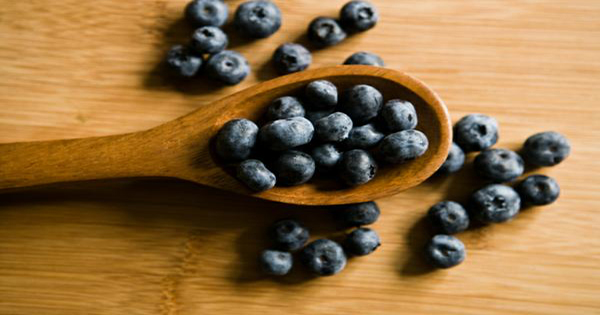3 Ways to Reduce Inflammation and Reduce Heart Disease Through Diet

Cardiovascular disease and breast cancer are the two leading causes of death in the United States for women. Both are associated with inflammation.
Strategies to reduce inflammation may be an effective treatment option to reduce cardiovascular disease and breast cancer.
Chronic inflammation leads to the release of inflammatory cytokines. These inflammatory cytokines contribute to cellular damage, which leads to disease onset or progression. Chronic diseases such as atherosclerosis, osteoporosis, and diabetes all have an inflammatory component.
There are medications to reduce inflammation, such as steroids and non-steroidal anti-inflammatory drugs (NSAIDS), but all medication comes with side effects and these are no exception. Potential side effects include nausea, constipation, diarrhea, headache, dizziness, weight gain, increase blood pressure, and immune suppression among others.
Alternate treatment options are desirable for treating inflammation, such as dietary interventions. Improving dietary quality with emphasis on specific anti-inflammatory nutrients is a safe strategy for reducing inflammation and disease risk.
A diet to reduce inflammation is low in added sugars, contains omega-3 fatty acids, and rich in dietary fiber.
Foods high in added sugar that should be avoided or limited include soft drinks, energy drinks, sports drinks, cakes, pastries, donuts, fruit drinks, ice cream, pudding, cookies, candy, pie, and cobblers.
Anti-Inflammatory Diet to Promote Heart Health

Consuming a low cholesterol diet is not necessarily the best treatment plan for lowering cholesterol levels and reducing your risk for heart disease.
Why? Well, it depends on which of your total cholesterol particles is elevated. For example, if LDL cholesterol is high, it’s best to focus on reducing your intake of saturated fat. If triglycerides are elevated you want to reduce your sugar and alcohol intake for the most impact. Knowing which of your cholesterol particles is elevated will allow you to implement a more effective treatment plan.
Then you also have the other component – inflammation. Cholesterol by itself does not necessarily lead to heart disease. It’s a process that begins with inflammation resulting in the oxidation of cholesterol particles. So, you also want to incorporate a diet rich in “anti-inflammatory foods”.
How to Follow an Anti-Inflammatory Diet
Continue reading



